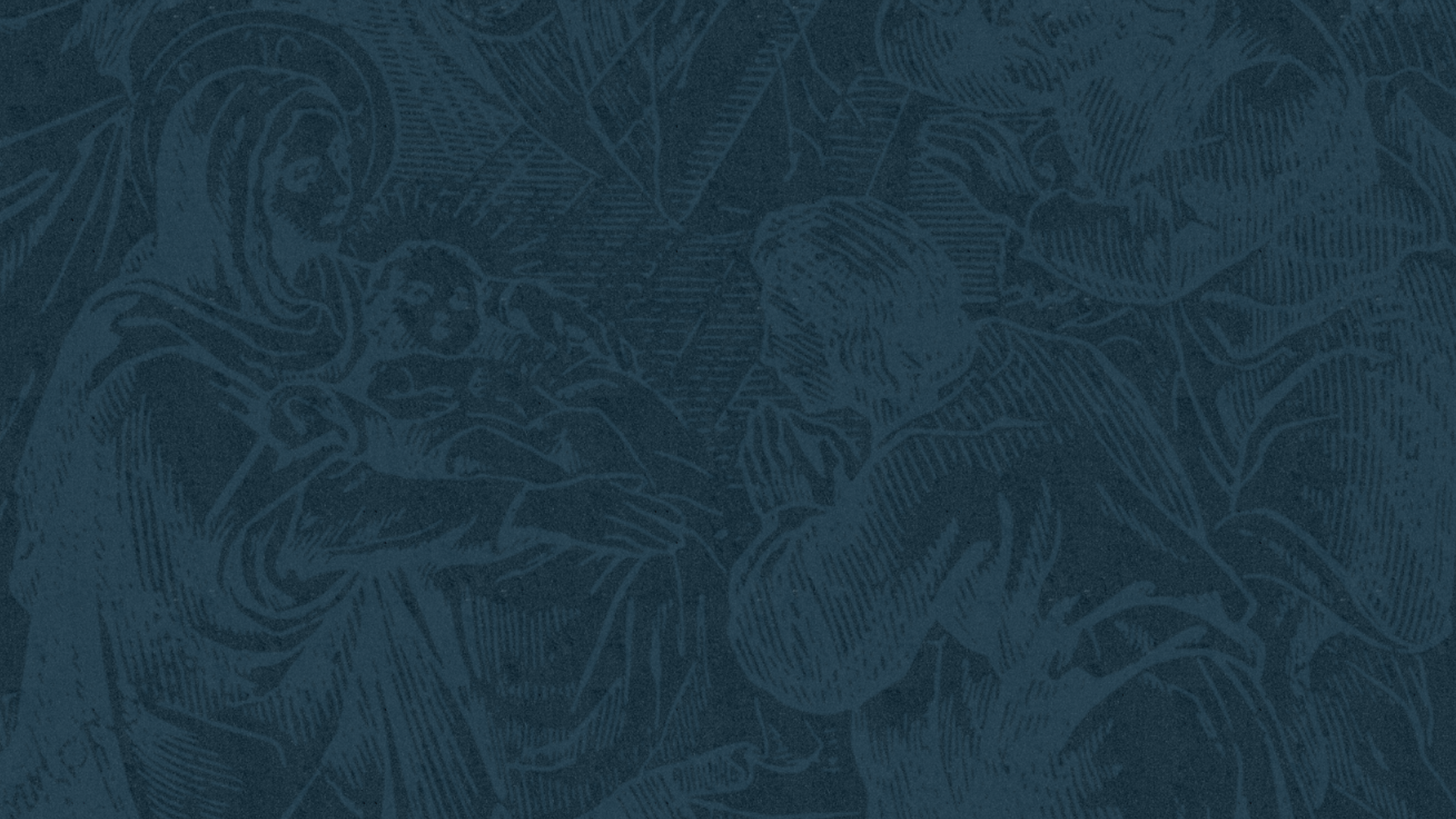

God's grace has a pattern of showing up in unlikely places—not in palaces or temples, but in fields that smell of sheep and soil. The shepherds were society's forgotten ones, considered unclean and untrustworthy, yet these were the first to receive heaven's announcement. This is the scandal of grace: it meets us not where we pretend to be put together, but where we actually are—broken, humble, just trying to make it through the night. The Incarnation renews God's image within us precisely by entering our brokenness without flinching.
God's grace has a pattern of showing up in unlikely places—not in palaces or temples, but in fields that smell of sheep and soil. The shepherds were society's forgotten ones, considered unclean and untrustworthy, yet these were the first to receive heaven's announcement. This is the scandal of grace: it meets us not where we pretend to be put together, but where we actually are—broken, humble, just trying to make it through the night. The Incarnation renews God's image within us precisely by entering our brokenness without flinching.
Nine months of silence finally breaks. Remember Zechariah? The priest who doubted Gabriel's message and lost his voice as a result? He's been unable to speak throughout Elizabeth's entire pregnancy, unable to explain, unable to control the narrative. Just watching, waiting, and trusting.
Mary's song is revolutionary. After Elizabeth's affirmation, Mary bursts into praise—not a quiet, polite prayer, but a bold proclamation about who God is and what He does. We call it the Magnificat, from the Latin for "magnify," and it's one of the most radical statements in Scripture.
Something beautiful happens when Mary visits Elizabeth—something we desperately need to understand about community and faith. Mary has just said yes to God's overwhelming invitation. She's pregnant with the Messiah, engaged to a man who doesn't know yet, living in a culture where her situation could get her killed. She needs someone who will understand, someone who will believe her, someone who will celebrate what God is doing instead of questioning her character.
Joseph doesn't say a single word in Matthew's Gospel, but his actions speak volumes. When he discovers Mary is pregnant, he knows the child isn't his. In that moment, his world collapses. The woman he loved, the future he envisioned—all of it shattered by what appears to be betrayal. He has every legal and cultural right to expose her publicly, to protect his own reputation, to walk away.
Mary was probably folding laundry or helping with dinner when her life changed forever. She was young—likely a teenager. Engaged to a carpenter. Living in a nothing-special town called Nazareth. She had her whole life planned out in the predictable way lives were planned in first-century Galilee. Marriage, children, community, faith. Simple. Safe. Normal. Then Gabriel shows up.

